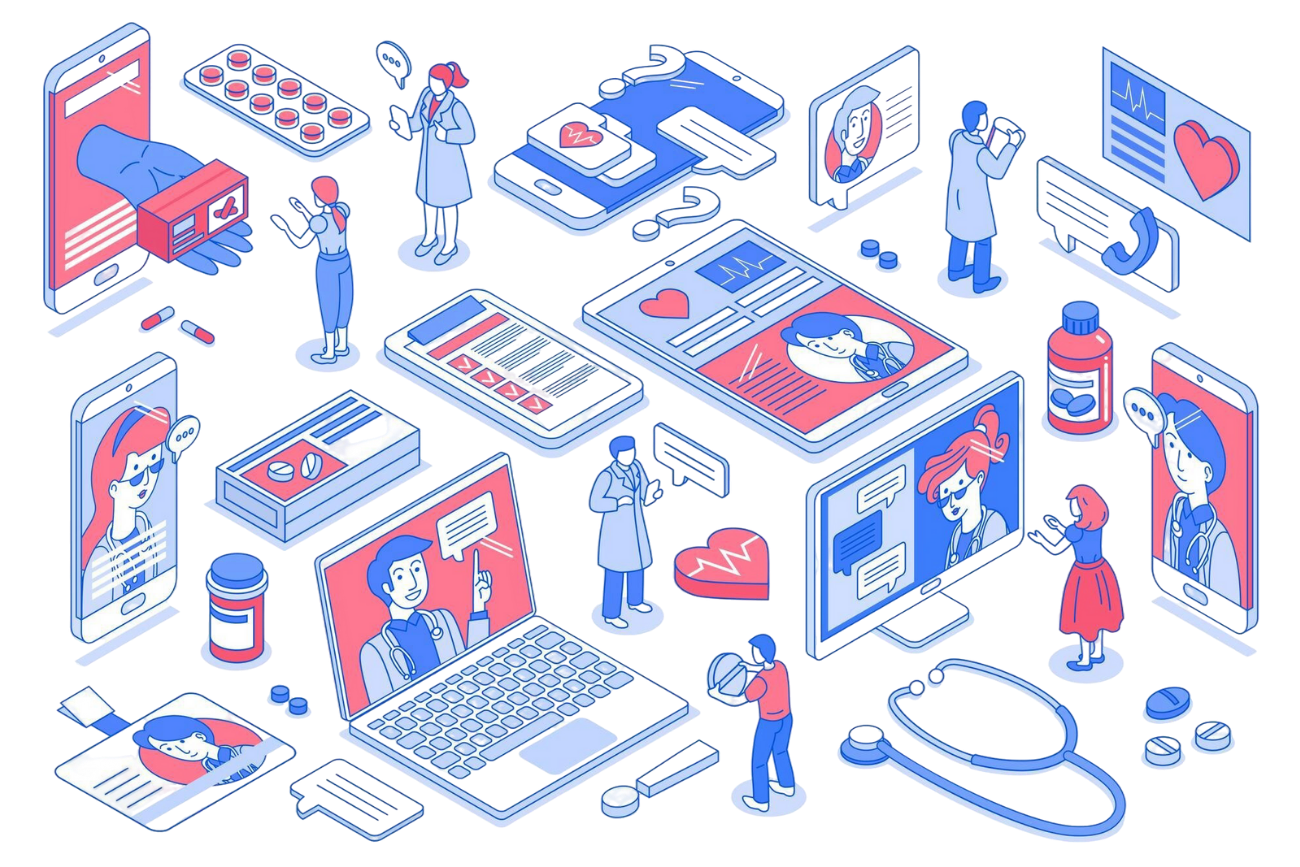Ready to revolutionize your data journey with Infoveave?
Recent Blogs
- How Data Automation Is Quietly Reworking Retail
- How Data Automation Tools Are Transforming Manufacturing
- How Data Automation and Data Engineering Are Revolutionizing the Telecom Industry
- How Data Automation is Powering the Retail Energy Industry
- How Data Automation and Data Engineering Are Revolutionizing the Automotive Industry
How Data Automation And Data Engineering are Transforming Healthcare
The healthcare industry is undergoing a major transformation, thanks to the rise of data automation and robust data engineering solutions. As healthcare providers strive for higher-quality care, improved safety, and streamlined operations while keeping costs and compliance under control, harnessing data automation offers a clear competitive advantage. Below, we dive into how modern data automation is reshaping healthcare, with examples of real use cases that deliver results for patients, clinicians, and administrators alike.

The Power of Data Automation in Healthcare
Data automation in healthcare means using technology to automatically gather, consolidate, process, and share clinical and operational information with minimal (often zero) human involvement. With effective data engineering, routine tasks are automated, data flows seamlessly between systems, and accurate analytics enable better decisions—empowering providers to focus on what matters most: delivering high-quality patient care.
Key Features of Data Engineering & Automation Platforms
- No-code/Low-code automation: Non-technical teams can design and optimize their own automated workflows, speeding up innovation.
- Integration across systems: Connects EHRs, lab systems, billing, cloud applications, and more—breaking down silos for unified data access.
- Workflow orchestration: Schedules and manages complex, multi-step clinical or administrative tasks (like discharge processes or claims submissions).
- Data validation and standardization: Cleans and structures incoming data for improved quality and reliability.
- Security-first architecture: Encryption, access control, and comprehensive audit trails safeguard sensitive health information and maintain compliance with regulations such as HIPAA.
Real-World Use Cases of Data Automation in Healthcare
1. Improving Patient Care Quality
Data engineering ensures healthcare professionals have timely, accurate access to all relevant patient records, lab results, and treatment histories. Automated data aggregation and analysis power more accurate diagnoses, enable personalized treatment plans, and support continuous tracking of patient outcomes for quality improvement.
Benefits:
- Better diagnostics and care accuracy.
- Targeted, personalized interventions.
- Faster response to changes in patient condition.
2. Reducing Costs
Automating data collection and integration streamlines administrative processes such as inventory management, patient scheduling, and resource allocation. Data-driven insights identify ways to reduce wastage and optimize staff deployment.
Benefits:
- Lowered administrative workload.
- Efficient use of resources and supplies.
- Cost savings on redundant manual tasks.
3. Regulatory Compliance & Data Security
Healthcare faces strict data privacy laws like HIPAA. Automation ensures all data handling complies with regulations by logging all access, automating compliance checks, and enforcing strict security protocols such as encryption, access controls, and breach detection.
Benefits:
- Safer patient data.
- Reliable compliance with regulations.
- Reduced risk of penalties or breaches.
4. Appointment Scheduling
Automated scheduling platforms let patients book appointments online, receive rolling reminders, reschedule as needed, and avoid manual back-and-forth. This reduces administrative workload and ensures maximum schedule utilization.
Benefits:
- Fewer no-shows and appointment gaps.
- Greater patient convenience.
- Streamlined workflow for staff.
5. Billing and Claims Processing
Manual billing and insurance claim management are slow and error-prone. Automated data extraction and validation tools ensure that billing details are accurate, insurance eligibility is verified in real time, and claims are processed faster with fewer denials.
Benefits:
- Reduced payment delays.
- Fewer claim errors and denials.
- Lower administrative burden for finance teams.
6. Patient Check-in and Discharge
Automating the collection and verification of patient information—such as registration, insurance validation, and discharge summaries—enhances the patient experience and ensures data consistency across systems.
Benefits:
- Shorter waiting times and quicker checkouts.
- Reduced errors and data inconsistencies.
- More time for staff to focus on patient care rather than paperwork.
Infoveave’s Advantage for Healthcare
Infoveave’s GenAI-powered data automation platform brings all of this together, providing healthcare organizations with a secure, unified environment for automating both clinical and administrative workflows. Its no-code tools make it simple for any team to build processes tailored to their unique needs—while built-in compliance checks and real-time analytics ensure organizations can adapt to new challenges, deliver exceptional care, and operate efficiently now and into the future.
Ready to advance your healthcare operations into the future? Start your journey with Infoveave today and unleash the full potential of data automation for providing high-quality, secure, and cost-effective healthcare.